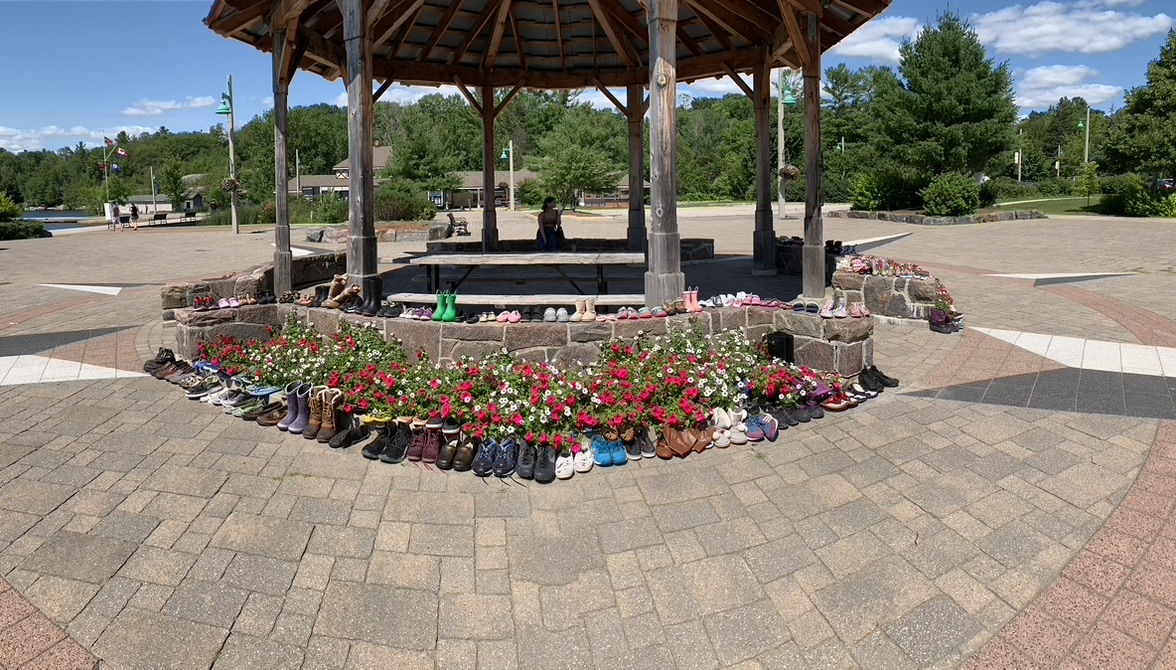Dr Matthew R Rofe, University of South Australia and Prof Michael Ripeester, Brock University, Canada

Project summary
Memorials are ubiquitous within human landscapes. Memorialisation embodies the operation of power, through which dominant groups legitimise their authority. This is particularly the case within colonial societies. However, the postcolonial turn has witnessed the destabilisation of colonial landscapes. Monuments erected to stabilise narratives of colonial virtue are now re-read as symbols of oppression and racism. Such monuments may become highly politicised sites of protest as oppressed groups target settler memorials as entirely problematic, while the mainstream view them as embodying legitimate heritage narratives.
There is scant literature exploring ways that contested mnemonic landscapes may be reimagined to become part of a reconciliatory effort, balancing the needs of Indigenous groups calling for improved recognition and those of dominant non-indigenous groups who resist these calls. The aim of this project therefore is to explore a framework wherein common human virtue, as embodied in many monuments, can lead to healing in postcolonial contexts.
The memorial landscapes of Adelaide in Australia and St Catharine’s in Ontario, Canada will be deconstructed and examined in how they have historically been represented. Interviews will be conducted to understand the perceptual slant of these landscapes.
LRG’s funding will allow for a research assistant to allow for greater scope and foundation in the project and expand the potential for future research possibilities.

